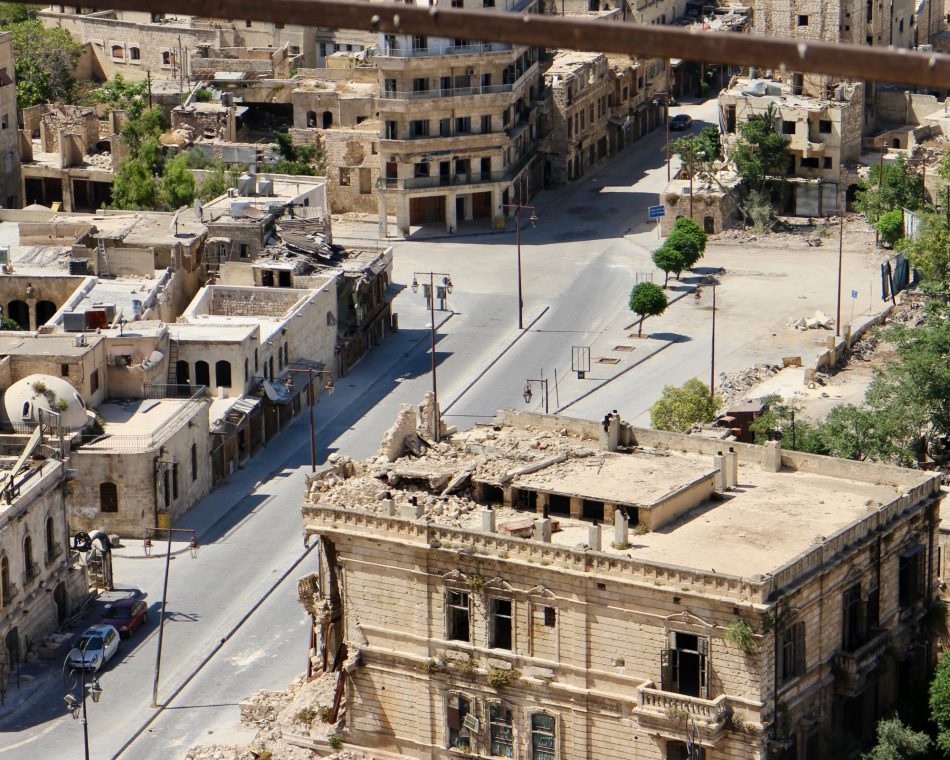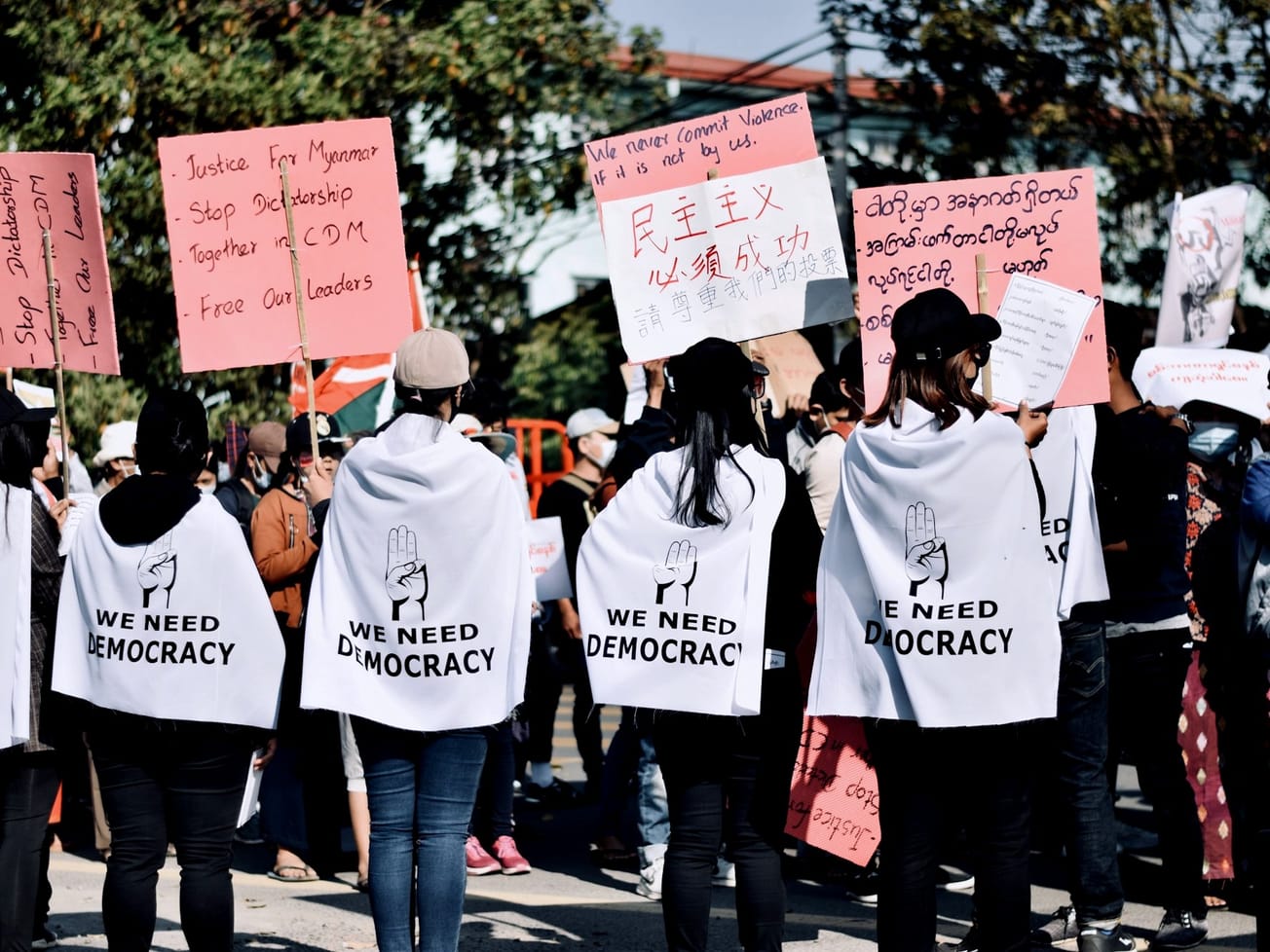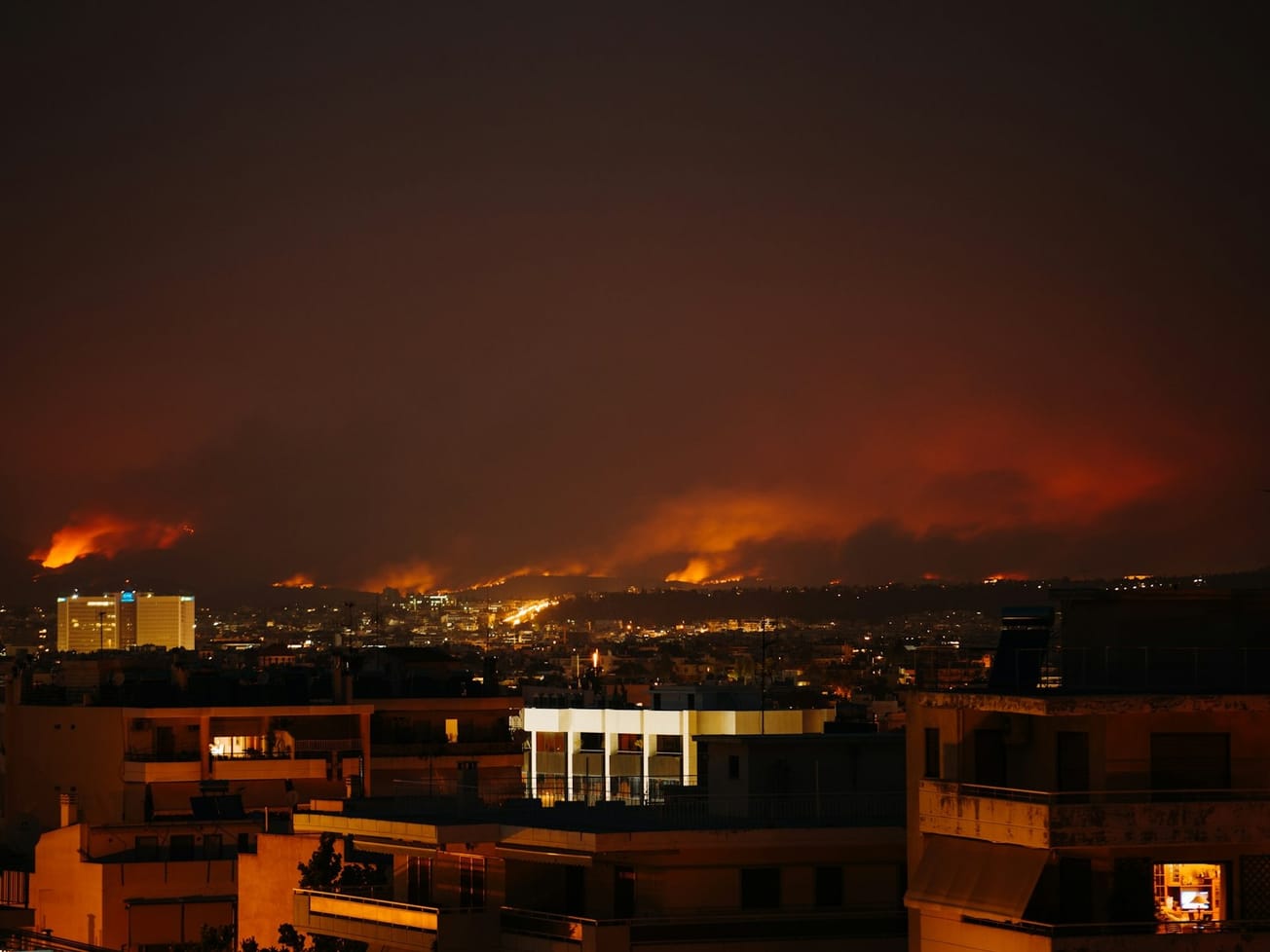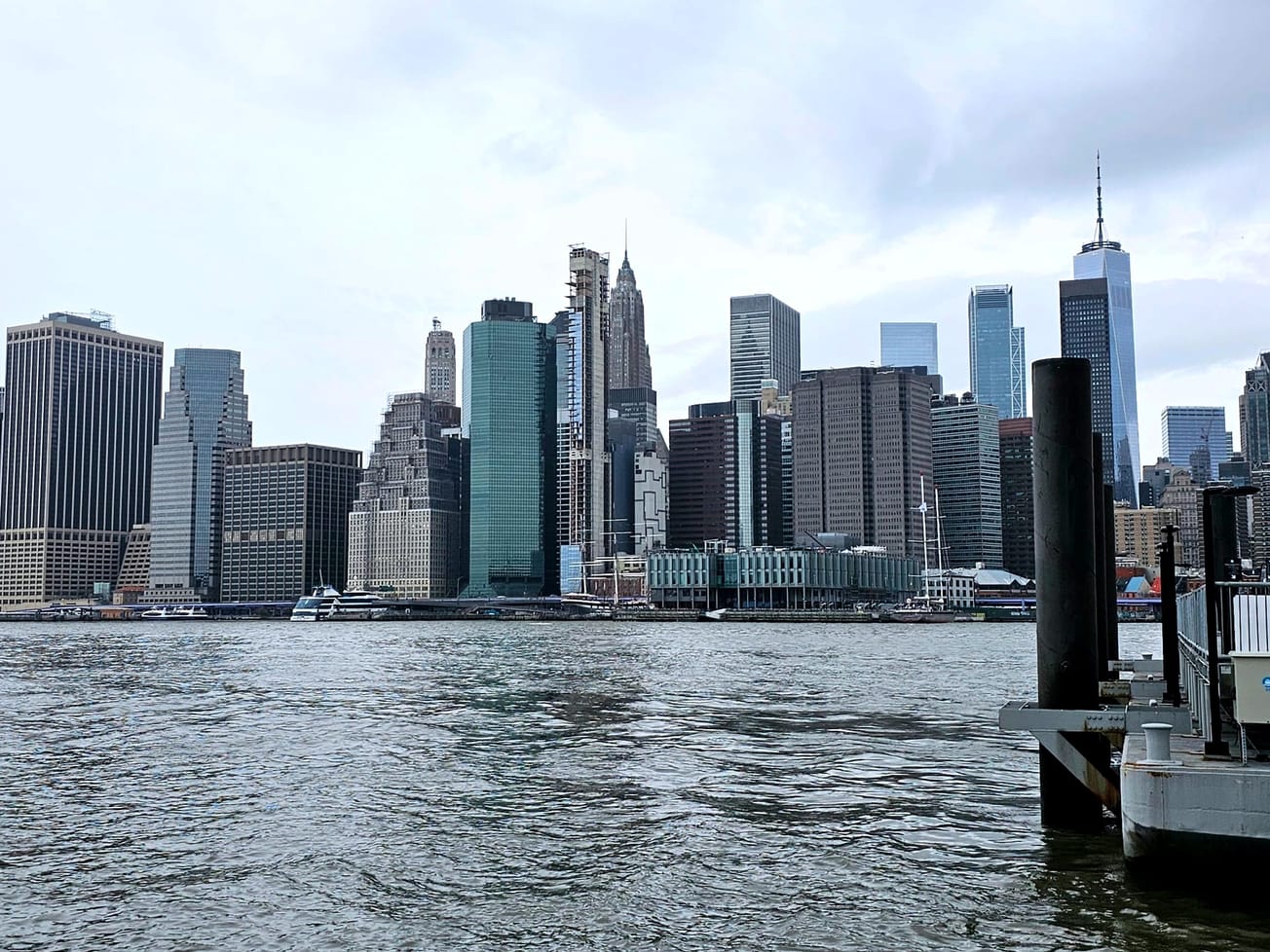Syria's combatants have taken advantage of the international community's disastrous failures, the chair of a panel of United Nations investigators said on Thursday while presenting a new report documenting a decade of atrocities committed during the brutal civil war.
Brazilian diplomat and scholar Paulo Sergio Pinheiro, who heads the U.N.'s Independent International Commission of Inquiry on the Syrian Arab Republic, said the latest report shows how "parties to this conflict have benefited from the selective intervention and woeful negligence of the international community, that has left no Syrian family unscathed" since the conflict erupted in March 2011.
“The children, women and men of Syria have paid the price as a brutal authoritarian government unleashed overwhelming violence to quell dissent. Opportunistic foreign funding, arms and other support to the warring parties poured fuel on this fire that the world has been content to watch burn," he said. "It is far past time to finally put Syrians first — and expend every effort to support a peaceful, negotiated resolution to the conflict and to help place Syria on a path toward a stable, prosperous, and just future for all her people."
The panel's 33rd report will be presented to the United Nations Human Rights Council next month to mark the 10 years since the Syrian conflict erupted. The 47-nation council authorized the commission to investigate all alleged violations of international human rights law in Syria since March 2011 and, as much as possible, to identify those responsible so that they can be held accountable in court.
The United Nations stopped releasing an official death toll for the war years ago. The war's horrors have made it difficult to ensure accountability, a basic requirement of peace. At last count, the Syrian Observatory for Human Rights, a U.K.-based war monitor, assessed the number of people killed in Syria stood at nearly 600,000. That accounts for deaths since the 2011 peaceful uprising against President Bashar Assad's government led to one of the world's most complex humanitarian crises.
At least 11.5 million people, or more than half of Syria's pre-war 22 million population, has been uprooted, including 6 million internally displaced and more than 5.5 million refugees in other countries. Most have fled to Turkey, Jordan, Lebanon, Egypt or Iraq.
Last month, the U.N. special envoy to Syria, Geir Pedersen, told reporters that five days of discussions among three teams of Syrian representatives ended without progress in Geneva and further peace talks "can't continue like this." He said after the fifth round of talks within the U.N.'s European headquarters at the Palais des Nations that he was disappointed by the lack of progress and no further discussions were scheduled.
Assad’s government, with backing from Russia and Iran, clung to power but agreed to changes in the nation’s charter. The opposition, supported by Turkey, favors a new constitution. After previous failed peace talks in Geneva, fresh rounds began in 2019 under the auspices of a Syrian constitutional committee comprised of three teams of government, opposition and civil society representatives, each with 15 members.
The committee came out of a 2015 U.N. Security Council resolution, and its discussions do not include representatives of militant extremist factions that still control parts of Syria.
🗨️"It is far past time for the international community to act decisively, put Syrians first, and to bring about an
— UN Human Rights Council (@UN_HRC) February 18, 2021
immediate end to all armed conflict in #Syria."
- Paulo Pinheiro, Chairperson of the Commission of Inquiry on Syria
ℹ️ #CIOSyria NEW REPORT https://t.co/1b6bbsUf9Z pic.twitter.com/cL2MLerpu1
'The most heinous violations'
The three-member commission headed by Pinheiro said it drew on more than 60 investigations, almost 8,000 interviews and initial information about 3,200 alleged individual perpetrators for its report.
It emphasized that Assad's government, along with Islamic State extremists, Kurdish militias and anti-government armed groups, repeatedly ordered indiscriminate bombing and other attacks on civilian targets such as residential areas, hospitals, medical clinics, schools and stores. At least 38 chemical weapons attacks have been documented, the commission said, including at least 32 carried out by Syrian government forces and one by the Islamic State.
The U.S.-led coalition captured the last IS-held territory almost two years ago, ending its self-declared caliphate in Iraq and Syria. U.S.-allied Kurdish authorities held control of eastern and northeast Syria, while IS militants went underground along the border of Iraq and Syria. Once Russia entered the war in 2015, Assad's forces were able to retake much of the nation. Kurdish-led fighters controlled parts of the country’s east, while Syrian insurgents controlled the northwestern province of Idlib.
"Over the past 10 years, parties to the conflict have perpetrated the most heinous violations of international humanitarian law and violations and abuses of international human rights law," the commission's latest report concluded. "Such violations and abuses have included acts that are likely to constitute crimes against humanity, war crimes and other international crimes, including genocide."
Humanitarian aid has been consistently obstructed over the past 10 years in an unconscionable manner "despite the clear and consistent needs of so many Syrians, as well as Palestinian and other refugees,” said commission member Karen AbuZayd, a U.S. citizen and former head of UNRWA, the U.N. agency for Palestinian refugees.
“There are basic human rights and humanitarian needs — food, water, health care, and education — that must be met regardless of which group controls a given territory," she said. "With a medical sector vastly diminished by deliberate targeting, incidental damage, and the flight of medical workers, the COVID-19 pandemic that has wreaked havoc on medical systems in many high income countries is overwhelming remaining medical staff and other frontline workers in Syria. Principled and rights-based humanitarian access must be restored without further delay."
Despite the U.N. Security Council's inaction on Syria — its 15 member nations include five permanent, veto-wielding seats for Britain, China, France, Russia and the United States — the international community can take action on other fronts, said the commission's third member, Hanny Megally, an Egyptian scholar, researcher and investigator who is senior fellow at New York University’s Center on International Cooperation focusing on violent extremism, human rights and rule of law.
“Victims’ demands for justice and accountability are a central component of any durable peace," he said. "The restorative justice measures that Syrians have called for time and again — on the missing, the disappeared, the arbitrarily detained, on support to families, the demobilization of child fighters, the provision of holistic psychosocial support, in particular for children and victims of sexual and gender-based violence, and the preservation and restoration of vital civil documentation, among other issues — cannot be left till after the conflict ends."









